It was my privilege to live in Russia from 1998-2000, where I met Vladimir Putin and spoke with him briefly. He was campaigning for President. I knew my Russian friends were excited out of their minds about his candidacy, but I didn’t pay much attention to the encounter; I figured I’d just met a relatively insignificant Eastern European would-be President. Little did I know how wrong I was.
During those two years, I noticed something that I considered odd and disturbing: some of my Russian friends harbored some nostalgia for the Stalin era. At first, such sentimental memorializing was incomprehensible to me. Stalin, the Georgian revolutionary and Soviet dictator who governed the USSR from 1922 until 1953, rose through the ranks by utilizing robberies and kidnapping to raise funds for Lenin’s Bolshevik faction. A little more than a decade after assuming power in the USSR, Stalin catalyzed the Great Purge in which more than a million citizens were imprisoned and at least 700,000 executed. Ideologically, he adhered to Lenin’s atheism and interpretation of Marxism.
Yet, after listening carefully to my Russian friends, their nostalgia for Stalin was devoid of any desire for dictatorial rule, concentration camps, or politically-motivated executions. Instead, they were sentimental toward an era when Russian people had a strong leader, one who could project Russian strength on the world stage. They were embarrassed that their president at the time, Boris Yeltsin, was a stumble-down drunk who was corrupt to the core and lacking any vision for Russian greatness.
Stalin’s Children: The Russian Nation 100 Years after Stalin’s Rise to Power
Shortly after I returned from Russia, I was browsing the shelves at Barnes & Noble, when my eyes rested upon a book entitled, Stalin’s Children. I purchased a copy, read it almost without putting it down, and now consider it a very apt journalistic history of the last three generations of Russian life. Via historical autobiography, author Owen Matthews tells the tale of three generations of love, war, and survival.
With his grandfather and father as the central characters, Matthews—once the Bureau Chief for Newsweek in Moscow—draws upon voluminous correspondence between his parents, access to KGB files, and his own lived experience of Russia. The result is an ironic, enlightening, and ultimately bleak portrayal of the last seven decades of life in Russia.
Why do I mention Stalin’s Children? Because it sheds light on current developments, including Russia’s egregiously unjust war against Ukraine. For the purposes of drawing some conclusions about the current moment in Russian history, therefore, I will trace the contours of Stalin’s Children, a story in three acts.
The first act tells the story of the author’s maternal grandfather, Boris Bibikov, a privileged Communist party leader in Ukraine, who was a recognized (albeit minor) enemy of Stalin and the dictator’s vision for the USSR. As Matthews tells it, one morning Bibikov kissed his wife and two daughters goodbye, never to return again. Bibikov’s wife Martha soon was imprisoned in the Gulag leaving their two little girls Lyudmila and Lenina to fend for themselves. They became, in a phrase, “Stalin’s children.” The two little girls were separated during the Glorious Russian Patriotic War (Soviet nomenclature for World War II), but, against all odds, were reunited at the end of the war.
The author paints a bleak picture of this early chapter of Soviet history:
Communists—men like my grandfather—had tried to create a new kind of man, emptying people of their old beliefs and refilling them with civic duty, patriotism and docility. But when Communist ideology was stripped away, so the quaint fifties morality also disappeared into the black hole of discarded mythologies. People put their faith in television healers, Japanese apocalyptic cults, even in the jealous old God of Orthodoxy. But more profound than any of Russia’s other, new-found faiths, was an absolute, bottomless nihilism. Suddenly there were no rules, no holds barred, and everything went for those bold and ruthless enough to go out and grab as much as they could.
Rather than creating a New Communist Man, and nourishing a new society devoid of societal ills, the Communist regime gave birth to a chaotic and nihilistic society and culture, replete with a police state and millions of political prisoners.
The second act picks up some twenty-five years after the disappearance of Bibikov and is, essentially, a love story. Matthews’ father, Mervyn grew up in London but moved to Russia after becoming a British embassy staffer in Moscow. While in Moscow, he immerses himself in Russian culture.
At the same time, little Lyudmila has grown up, become an excellent student, and is trying to make the most of her disadvantaged life. In 1963, Mervyn and Lyudmila meet and fall in love. Mervyn, however, is thrown out of Russia for making a “black market” (personal) sale, although the author makes clear that Mervyn’s true crime is a refusal to be an informant for the KGB.
For the next six years, Mervyn works tirelessly to reunite with Lyudmilla and marry her. He wages an international campaign through the media, friends, and embassy staffers, to reunite with her and marry. Finally, she is allowed to leave the USSR in 1969, and they are married.
The third act picks up with the author—at that time a young journalist in Russia—discovering Bibikov’s KGB File which recounts in detail the grandfather’s fate at the hands of the KGB. Among other discoveries, he finds the record of his grandfather’s final act: his signature on a confession of treason. Matthews uses the third act to portray life in Russia at the turn of the 21st century.
I found myself taken in by this story about three generations of the Bibikov/Matthews family. But in addition to being a well-told story, Stalin’s Children also has stirred up a bit of my own affection for Russia. As Matthews recounts Bibikov’s fate, I cannot help but think of Solzhenitsyn’s Gulag Archipelago—and especially Part IV, “The Soul and Barbed Wire”—and its brutally raw depiction of Soviet citizens being treated like “swarming lice” instead of as the “crown of creation.” Matthews’ account of post-Soviet life exposed the lingering effects of Marxism’s subhuman anthropology.
Matthews’ narrative really is an existential entry into the tragedy of atheistic communism and the nihilism it fostered. The majority of my Russian friends found it hard to believe that a just and loving God could exist and likewise could not imagine that their lives had any real purpose or meaning.
Although Matthews does not communicate the point explicitly, the discerning reader will see that Soviet Communism provided a narrative that was intended to subvert and overthrow biblical religion. It provided a false god (the state) with a false savior, (Marx), false prophets (Lenin, Stalin), and a false church (the Communist Party, whose youth meetings were marked by, inter alia, atheistic hymns and sermons), all of which gave hope of a false eschatological salvation (a “New Heavens and Earth” which would appear when the Communist Man has overthrown class society and lives in a Communist utopia).
The result of this fundamental misunderstanding of cosmic history has been nihilism, hedonism, and antinomianism. Matthews points out the ills of the past 70 years of Russian history, stretching from the brutality of Stalin’ purges to the chaos and nihilism of contemporary Russian culture.
Stalin’s Child: Putin at Russia’s Helm 100 Years after Stalin’s Rise to Power
Fast forwarding to 2022, Vladimir Putin’s rise to power in modern Russia exhibits some remarkable similarities. Perhaps the most obvious point of comparison is Putin’s implementation of a police state and his ruthless elimination of political opponents. Although he is not nearly as prolific as Stalin with regard to politically motivated imprisonments and assassinations, the parallel nonetheless is striking.
Also similar to Stalin is Putin’s cynical view of religion. Whereas Stalin’s cynicism took the shape of avowed atheism, Putin’s cynicism exhibits itself in his utilitarian relationship with the Orthodox church. Putin recognizes that he can use Russian Orthodoxy to galvanize social support for his actions and exert control over his enemies.
Undergirding these two similarities is a remarkable affinity between their views of history. Like Stalin’s cosmic narrative—mentioned earlier in this article—Putin’s metanarrative mimics subversively the biblical story of the world.
Putin’s narrative offers a god (the Russian state), a Messiah (Putin himself), evangelists (state media), prophets (state-funded intellectuals), and a false church (United Russia political party meetings). It locates evil not in the human heart but in any action that hinders Putin’s glorification of himself and the corrupt Russian state. It promises salvation through Putin and promises eschatologically to restore Russia’s former glory and previous geographical boundaries. Thus, Putin’s narrative functionally replaces the Christian story of the world even as, ironically, he purports to be faithfully Orthodox.
Thus Putin is, metaphorically, Stalin’s child, and the disastrous consequences stemming from his autocratic reign should be a reminder to us that a society’s political apparatus cannot contradict God’s law forever with impunity. Stalin’s reinforcement of Lenin’s atheistic narrative led to massive bloodshed, economic deterioration, and widespread nihilism. Putin’s utilitarian co-opting of Orthodox religion has fostered similar consequences. Taken together, these case studies should alert the West to the pervasively deleterious consequences of imagining the world without reference to God.
Subscribe
Never miss a post! Have all new posts delivered straight to your inbox.

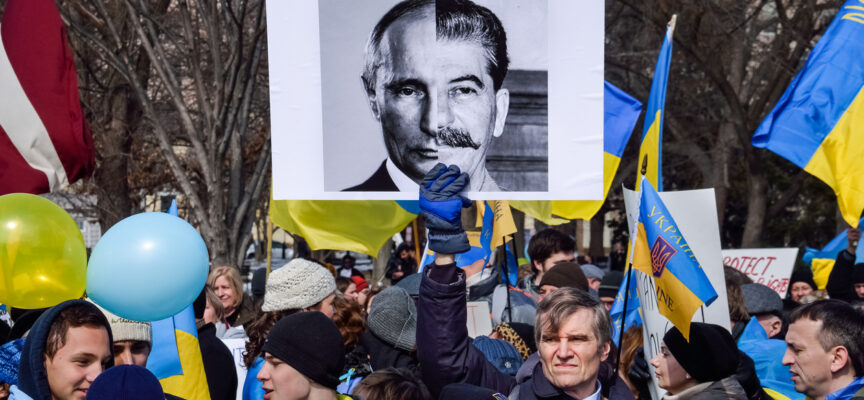

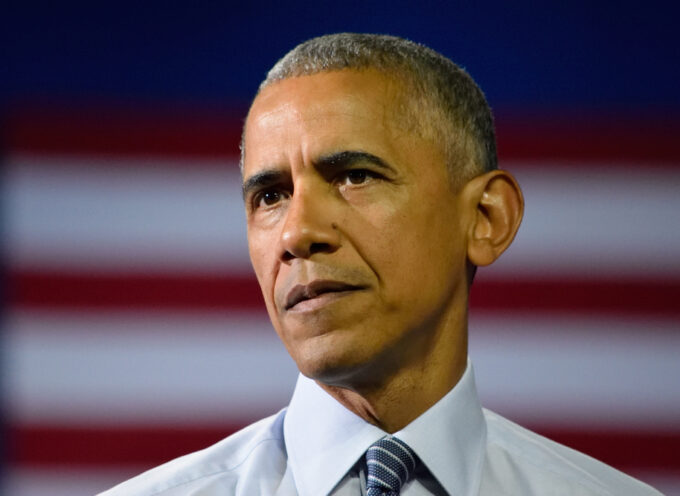

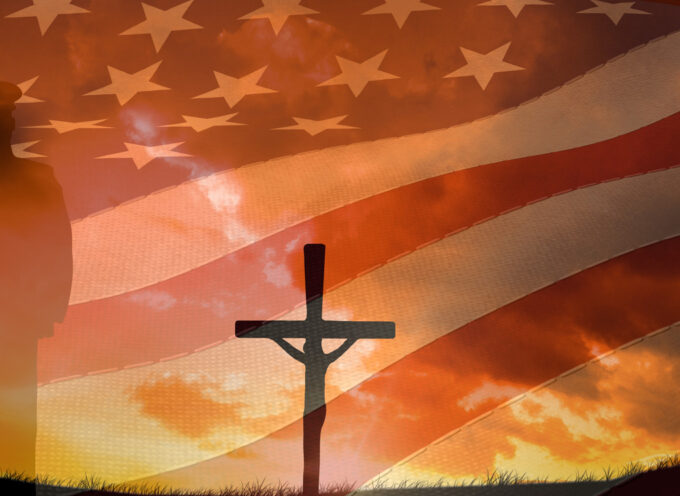
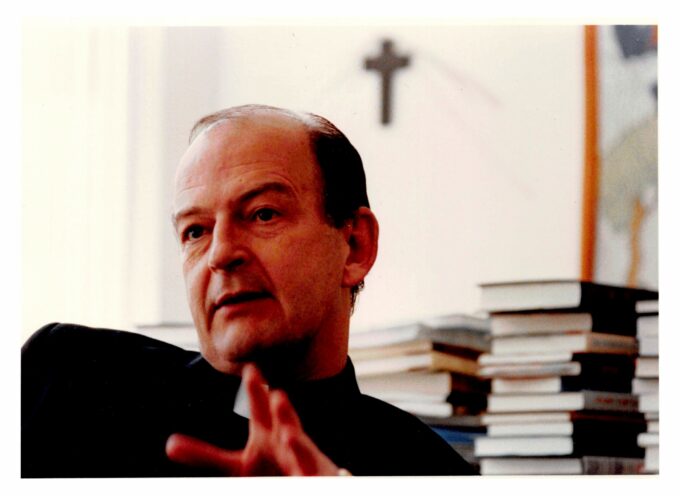
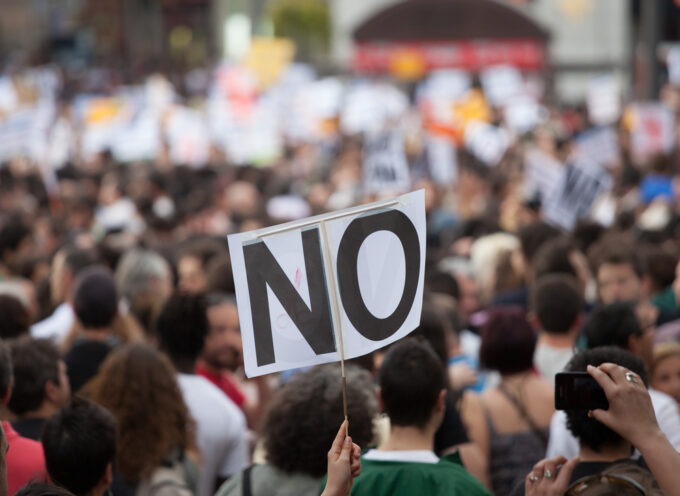
Your take on Putin blew me away! I had certainly been wondering how his relationship with the Russian Orthodox Church can be viewed from a theological perspective, and your opinion confirmed my worst suspicions. I heard on Michigan Public Radio just today that a group called something like The Russian Orthodox Church Outside Russia (ROCOR) has recently been attracting converts from alt-right Americans longing for a return to traditional moral values.
I hope your words will reach such people and make them think twice.